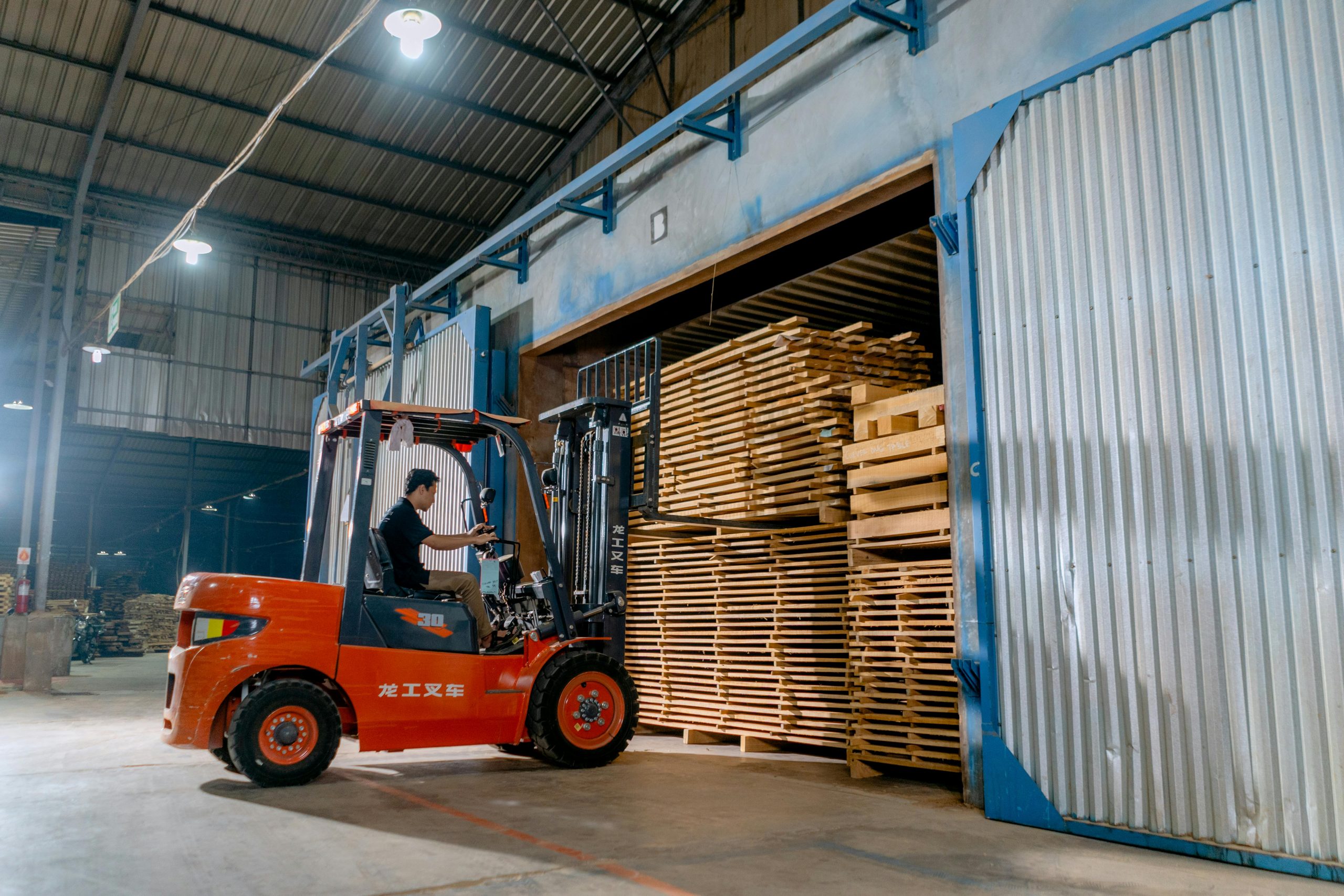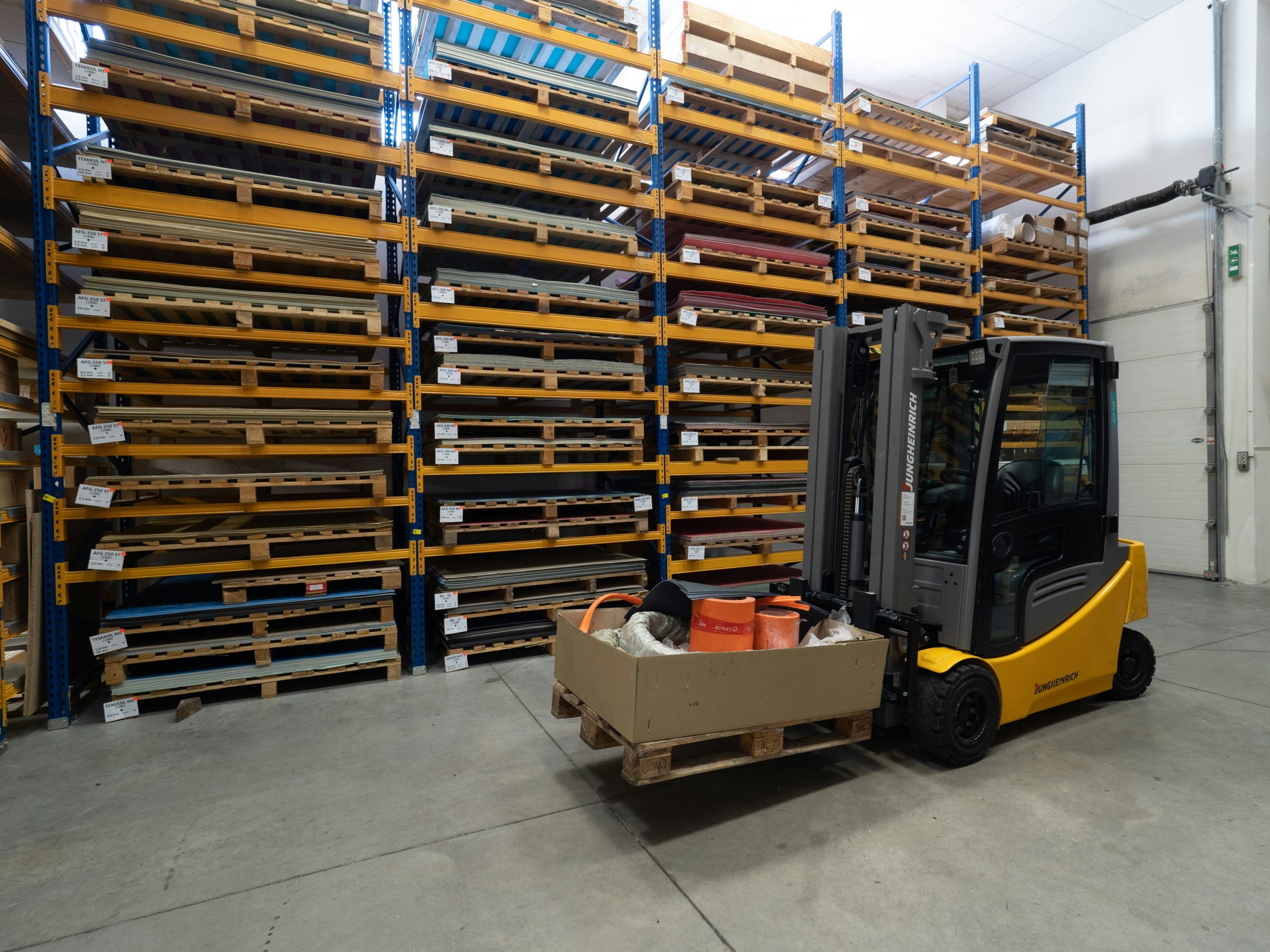- Electric forklifts produce zero emissions, while gas-powered forklifts can contribute to air pollution.
- Electric forklifts have higher initial costs but lower ongoing expenses compared to gas-powered forklifts.
- Gas-powered forklifts need frequent maintenance; electric forklifts require minimal maintenance except for battery care.
- Gas-powered forklifts excel in heavy-duty tasks; electric forklifts are ideal for indoor use with instant torque.
When it comes to choosing the right forklift for your business in Singapore, there are many factors to consider. One of the most important decisions you’ll need to make is whether to go with an electric forklift or a gas-powered forklift. Both types have their own set of advantages and disadvantages, so it’s crucial to understand the differences between them before making a decision. This blog will explore a few key differences between electric forklifts and gas-powered forklifts to help you make an informed choice and expand your business in Singapore with the right equipment.
Environmental Impact
When considering the environmental impact of your forklift choice, it’s essential to weigh the pros and cons of electric versus gas-powered options. This is because environmental impact not only affects your business, but also the community and planet around you.
Gas-Powered Forklifts’ Environmental Impact
Gas-powered forklifts emit harmful pollutants into the air, contributing to air pollution and climate change. These emissions include carbon monoxide, nitrogen oxide, and hydrocarbons. They also require regular refueling with gasoline or diesel, which can be expensive and contribute to the depletion of non-renewable resources.
Electric Forklifts’ Environmental Impact
On the other hand, an electric forklift in Singapore produces zero emissions at the point of operation, making it a more environmentally friendly option. However, it’s important to note that the electricity used to power these forklifts may still come from non-renewable sources such as coal-fired power plants. But by using clean energy sources or investing in renewable energy options, you can further reduce your forklift’s environmental impact.
Operating Costs

Another crucial factor to consider when choosing between electric and gas-powered forklifts is the operating costs. This includes not only the initial purchase price but also ongoing expenses such as fuel, maintenance, and repairs.
Gas-Powered Forklifts’ Operating Costs
Gas-powered forklifts typically have a lower upfront cost compared to electric forklifts. However, they require regular refueling with gasoline or diesel, which can add up quickly in terms of operating costs. They also require more frequent maintenance due to their internal combustion engines.
Electric Forklifts’ Operating Costs
While electric forklifts may have a higher initial purchase price than gas-powered ones, they have significantly lower operating costs. Since they don’t require fuel, the only ongoing expenses are electricity and occasional maintenance. Additionally, electric forklifts tend to have fewer moving parts than gas-powered ones, resulting in less frequent repairs and longer lifespan.
Maintenance Requirements
The maintenance requirements for electric and gas-powered forklifts differ significantly due to their different power sources. Understanding maintenance needs is essential as it affects both the overall cost and lifespan of your forklift.
Gas-Powered Forklifts Maintenance
Gas-powered forklifts have more complex maintenance needs due to their internal combustion engines. Regularly changing oil and filters, inspecting spark plugs, and tuning up the engine are just a few examples of routine maintenance tasks required for gas-powered forklifts. These tasks can add up over time, increasing operating costs.
Electric Forklifts Maintenance
Electric forklifts require minimal maintenance compared to gas-powered ones. This is because they have fewer moving parts that require regular upkeep. However, charging and battery maintenance are crucial for electric forklifts as they rely on batteries to operate. Regular charging, watering, and cleaning of the batteries are necessary to ensure optimal performance and longevity of the forklift.
Power and Performance

Electric forklifts are known for their quiet operation and zero emissions, making them ideal for indoor use. However, some may question the power and performance of electric forklifts compared to gas-powered ones. The truth is that electric forklifts can perform just as well as gas-powered ones in most situations.
Gas-Powered Forklifts Power and Performance
Gas-powered forklifts are known for their high power and performance, making them suitable for heavy-duty applications. They can easily handle rough terrain, steep inclines, and heavy loads without compromising on speed or efficiency.
Electric Forklifts Power and Performance
Electric forklifts may have a lower maximum lifting capacity compared to gas-powered ones. However, they have excellent acceleration, making them ideal for narrow aisles and confined spaces. Additionally, electric forklifts have the advantage of instant torque, allowing them to quickly start and stop without hesitation.
Choosing between an electric forklift and a gas-powered forklift for your business in Singapore involves weighing various factors, from environmental impact to operating costs, maintenance requirements, and power performance. Each type offers unique benefits and drawbacks that cater to different business needs. By thoroughly understanding these differences, you can make an informed decision that aligns with your operational demands and sustainability goals, ensuring you have the right equipment to support your business growth in Singapore.
